Paris AI Summit marks new era of global cooperation and innovation
- Update Time : Wednesday, February 12, 2025
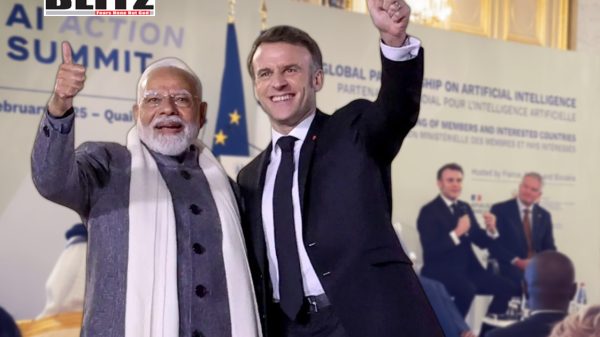
The Artificial Intelligence (AI) Action Summit in Paris, held on February 10-11, has opened a new chapter in global AI cooperation. This significant gathering, which brought together leaders from over 100 nations, has positioned France at the center of the global debate on artificial intelligence. The summit has drawn considerable international attention, especially with prominent figures such as Chinese Vice Premier Zhang Guoqing, Indian Prime Minister Narendra Modi, US Vice President JD Vance, and top executives from leading AI companies, including OpenAI CEO Sam Altman, Microsoft President Brad Smith, and Google CEO Sundar Pichai.
This year’s AI Summit is particularly crucial as it comes at a time of rapid advancements and intensifying competition in artificial intelligence. The involvement of diverse stakeholders underscores the importance of inclusive and cooperative AI governance. China, a major player in the AI race, has been a focal point of discussions. Chinese AI firms, such as DeepSeek, have gained global recognition, reshaping the landscape of AI development. DeepSeek’s innovative approach to cost-effective, open-source AI models has challenged traditional closed-source, high-investment paradigms, making AI technology more accessible.
Prime Minister Narendra Modi’s presence as a co-chair at the summit reinforces India’s growing role in the AI sphere. His visit to Paris was met with great enthusiasm, which he shared in a post on social media platform X, highlighting the strong reception he received. As a rising technological power, India’s AI ambitions align with its digital transformation initiatives, contributing to a multipolar AI governance model.
For the United States, Vice President JD Vance’s participation in the summit marks his first official international trip, signaling the country’s renewed commitment to AI diplomacy. With executives from OpenAI, Microsoft, and Google present, the US aims to consolidate its leadership while countering growing competition from China and other emerging AI hubs.
China’s active role in AI governance has been a recurring theme in global discussions. In October 2023, President Xi Jinping introduced the Global AI Governance Initiative, emphasizing responsible AI development. China’s resolution on enhancing international cooperation for AI capacity building, adopted at the 78th United Nations General Assembly in July 2024, marks a milestone in global AI governance.
China’s vision for AI governance aligns with the broader movement toward a multipolar world order. By strengthening cooperation with ASEAN, Africa, and other Global South partners, China is positioning itself as a leader in inclusive AI development. The World AI Conference, hosted annually in China, has become a leading platform for discussions on AI policy, ethics, and technological advancements.
The development of AI is advancing at an unprecedented pace, with leading nations accelerating their investments. The United States has recently launched new AI initiatives, and major tech giants are expected to ramp up investments significantly by 2025. In China, AI firms continue to proliferate, attracting international investors due to their cost-efficient research and development capabilities. Meanwhile, France and Germany are intensifying their AI collaboration, further expanding Europe’s footprint in AI innovation. Regions like Africa and Southeast Asia are also actively shaping their AI industries, ensuring that AI development is not monopolized by a few dominant players.
The competitive nature of AI development can be seen as a positive force, fostering innovation through what is often termed the “catfish effect”-where competition drives technological breakthroughs. However, it also necessitates responsible global governance to prevent unethical practices and geopolitical tensions. A key challenge in this regard is avoiding the “zero-sum game” mindset, where AI becomes a tool for geopolitical confrontation rather than collaboration.
Despite the promising advancements, global AI governance faces multiple challenges. Issues such as data privacy, deepfake technology, and ethical AI applications continue to spark debate. Some countries have adopted protectionist measures under the guise of security concerns, restricting access to emerging AI models like DeepSeek. Reports suggest that certain governments have suspended DeepSeek’s access, citing national security risks. Additionally, US lawmakers have called for alliances to counter China’s AI progress, raising concerns over technological monopolization and strategic containment.
The integration of AI into various industries also raises broader concerns about job displacement, economic inequality, and bias in algorithmic decision-making. Addressing these challenges requires a concerted effort to establish global AI regulations that ensure transparency, fairness, and accountability.
The Paris Summit represents a pivotal moment in shaping the future of AI governance. The international community must strive for a balanced approach-establishing clear regulatory frameworks akin to “traffic lights” while fostering open cooperation akin to “sharing a racetrack.” A globally recognized AI governance framework is essential to ensure that technological advancements benefit all of humanity rather than serving narrow geopolitical interests.
China’s DeepSeek phenomenon exemplifies the potential of open collaboration. When DeepSeek launched its next-generation AI model, it quickly gained global traction. Even tech giants like Nvidia, Amazon, and Microsoft integrated DeepSeek’s innovations, acknowledging their effectiveness. This underscores the reality that AI progress is best achieved through synergy rather than division.
As the AI era unfolds, countries must prioritize ethical innovation and collaborative governance. The Paris Summit offers an opportunity to chart a path toward inclusive AI development that transcends geopolitical rivalries. Nations must resist the temptation of protectionism and instead embrace AI as a shared human endeavor.
China’s proactive role in AI governance, coupled with India’s growing engagement and the US’s strategic recalibration, signals a shift toward multipolar AI leadership. The responsibility now lies with policymakers, industry leaders, and researchers to ensure that AI serves the broader interests of society.
By fostering a cooperative and transparent AI ecosystem, the world can harness the transformative power of artificial intelligence to address global challenges, drive economic growth, and improve human well-being. The Paris Summit is just the beginning-what follows next will determine the trajectory of AI governance in the years to come.


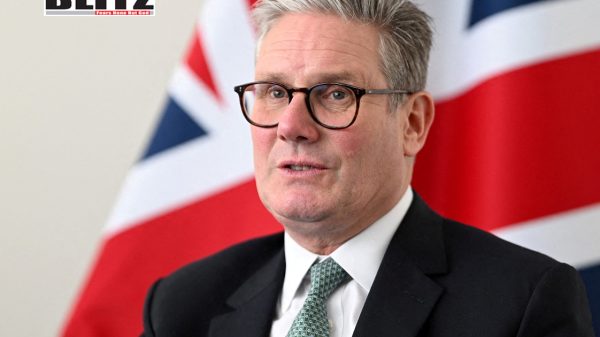
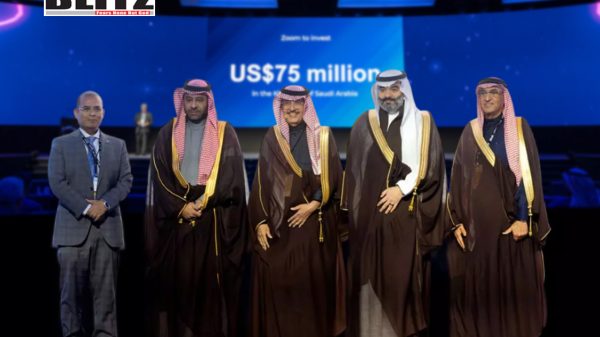

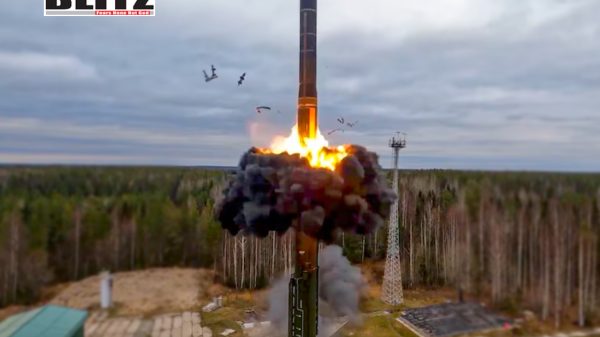
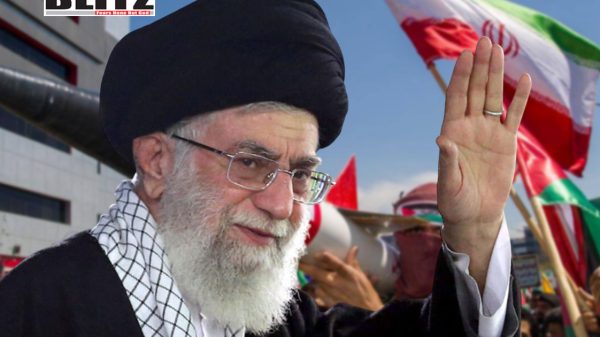
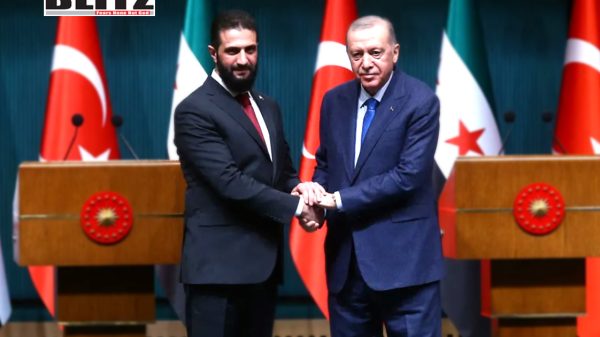
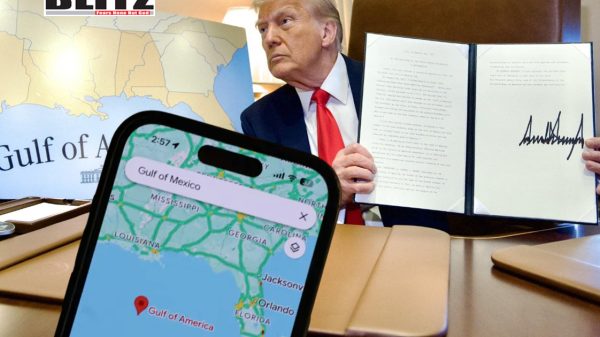
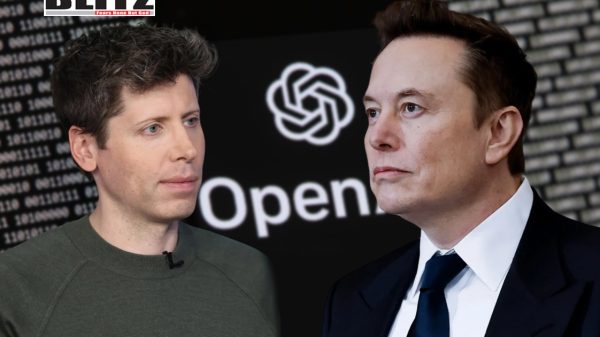

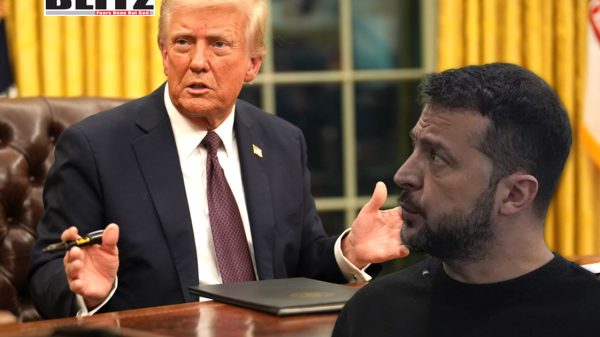


Leave a Reply